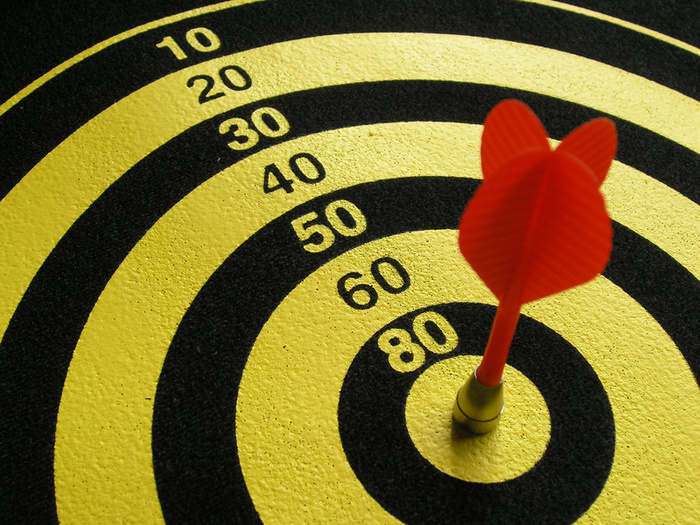I’m not claiming my second education has been exemplary or advanced.
I’m describing it because I have only become aware of it
retrospectively, and society pays too much attention to the first
education and not enough to the second.
I like David Brooks. Okay, I have to admit it, I like him even more since reading this column that many have missed because it appeared during the T-Day break.
David Brooks on arts education? Really? “But I read him regularly and haven’t seen anything of the sort,” is what you may be thinking.
Bait and switch? Not exactly.
The Other Education, was published on Thanksgiving Day. It appears, that Brooks has something more to be thankful for than a turkey dinner, and that is Bruce Springsteen.
We don’t usually think of this second education. For reasons having to
do with the peculiarities of our civilization, we pay a great deal of
attention to our scholastic educations, which are formal and
supervised, and we devote much less public thought to our emotional
educations, which are unsupervised and haphazard. This is odd, since
our emotional educations are much more important to our long-term
happiness and the quality of our lives.
Through Springsteen, David Brooks embarked on a new education.
What mattered most, as with any artist, were the assumptions behind the
stories. His tales take place in a distinct universe, a distinct map of
reality. In Springsteen’s universe, life’s “losers” always retain their
dignity. Their choices have immense moral consequences, and are seen on
an epic and anthemic scale.
Fair enough, the article isn’t exactly about arts education, but then again, it surely is. It speaks to why arts education is important. It also speaks to some of the things that an integrated approach to arts education can provide, but is often a bit tricky to measure.
As for Springsteen, I have to admit that I came around to his music just a bit on the late side. When his career really started taking off, I was busy at Juilliard obsessing over Bach, Mahler, and finding the right leather case for my trombone. In recent years, I have grown to view him as one of the greatest artists of our time–for his music, for his love of musicians and the artistic community, and for his commitment to placing his work smack dab within the social and political issues of our time. Want to talk about cultural relevance, as my friend Amanda Ameer sometimes does, well, look no further than to The Boss to understand what that phrase means.





Thanks for bringing this to the blog – I’d completely missed it. David Brooks receiving his emotional education through Bruce Springsteen increases my (already high) regard for both. It would be wonderful if Brooks would follow up with, how can this essential part of our education become more part of the scholastic part – and he’d probably stumble on arts education. Along with clubs and sports. Makes me wonder: we’re working hard to identify arts education as essential to “creativity” which has nice economic overtones. What about emotion? Maturity? I don’t see those among the skills identified, for instance, by the Partnership for 21st Century Skills (http://www.menc.org/gp/invitation-for-review-and-comment). Would emotion be a quick route to irrelevance for arts educators?